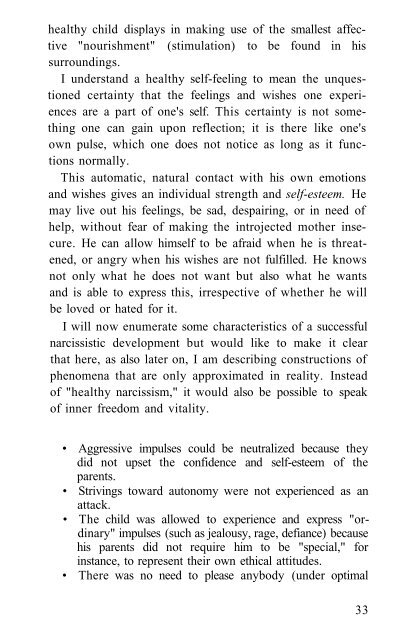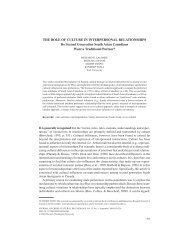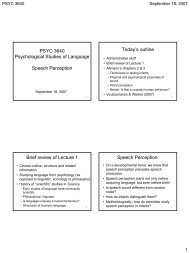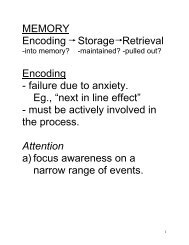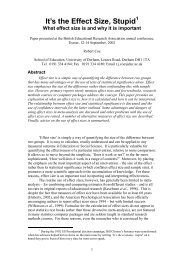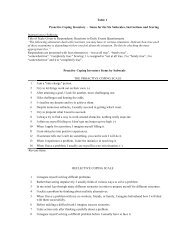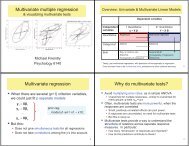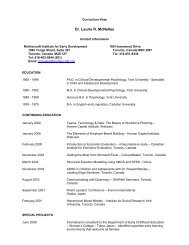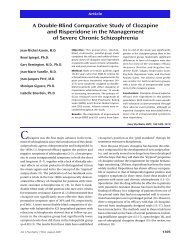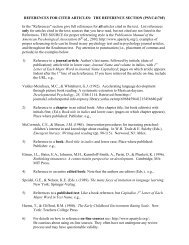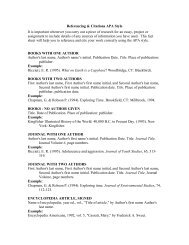The Drama of the Gifted Child (The Search for the True Self)
The Drama of the Gifted Child (The Search for the True Self)
The Drama of the Gifted Child (The Search for the True Self)
You also want an ePaper? Increase the reach of your titles
YUMPU automatically turns print PDFs into web optimized ePapers that Google loves.
healthy child displays in making use <strong>of</strong> <strong>the</strong> smallest affective<br />
"nourishment" (stimulation) to be found in his<br />
surroundings.<br />
I understand a healthy self-feeling to mean <strong>the</strong> unquestioned<br />
certainty that <strong>the</strong> feelings and wishes one experiences<br />
are a part <strong>of</strong> one's self. This certainty is not something<br />
one can gain upon reflection; it is <strong>the</strong>re like one's<br />
own pulse, which one does not notice as long as it functions<br />
normally.<br />
This automatic, natural contact with his own emotions<br />
and wishes gives an individual strength and self-esteem. He<br />
may live out his feelings, be sad, despairing, or in need <strong>of</strong><br />
help, without fear <strong>of</strong> making <strong>the</strong> introjected mo<strong>the</strong>r insecure.<br />
He can allow himself to be afraid when he is threatened,<br />
or angry when his wishes are not fulfilled. He knows<br />
not only what he does not want but also what he wants<br />
and is able to express this, irrespective <strong>of</strong> whe<strong>the</strong>r he will<br />
be loved or hated <strong>for</strong> it.<br />
I will now enumerate some characteristics <strong>of</strong> a successful<br />
narcissistic development but would like to make it clear<br />
that here, as also later on, I am describing constructions <strong>of</strong><br />
phenomena that are only approximated in reality. Instead<br />
<strong>of</strong> "healthy narcissism," it would also be possible to speak<br />
<strong>of</strong> inner freedom and vitality.<br />
• Aggressive impulses could be neutralized because <strong>the</strong>y<br />
did not upset <strong>the</strong> confidence and self-esteem <strong>of</strong> <strong>the</strong><br />
parents.<br />
• Strivings toward autonomy were not experienced as an<br />
attack.<br />
• <strong>The</strong> child was allowed to experience and express "ordinary"<br />
impulses (such as jealousy, rage, defiance) because<br />
his parents did not require him to be "special," <strong>for</strong><br />
instance, to represent <strong>the</strong>ir own ethical attitudes.<br />
• <strong>The</strong>re was no need to please anybody (under optimal<br />
33


